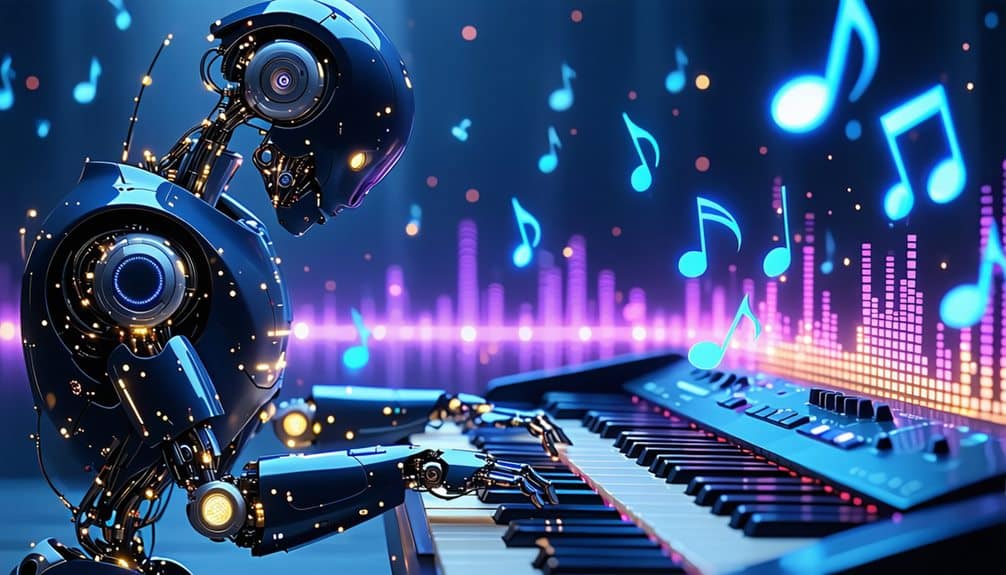The evolution of technology has consistently shaped how humans create and consume art. In recent years, the emergence of music AI has marked a major shift in the musical landscape, offering tools that can compose, arrange, and even perform music. While some see this development as a groundbreaking innovation, others worry about the implications for traditional artistry.
Table of Contents
How music AI Functions
At the core of music AI are complex algorithms that can analyze patterns in existing music. These systems learn about melody, rhythm, harmony, and structure by processing massive databases of songs. Once trained, they can generate original compositions, mimic specific musical styles, or adapt their creations based on user input.
Some music AI systems operate interactively. For example, a user can input a few notes, a tempo, or a mood, and the AI produces a full arrangement. Others can generate improvisations in real time, creating dynamic performances that respond to environmental factors or live input from musicians.
Enhancing Musical Creativity
One of the most promising aspects of music AI is its ability to inspire creativity. For composers and songwriters, it can serve as a brainstorming partner, suggesting chord progressions, harmonies, or rhythmic patterns that might not have occurred naturally. By generating ideas quickly, AI allows humans to experiment more freely and explore new directions in their work.
music AI also democratizes music creation. Individuals with little formal training can compose songs, explore genres, or produce music for personal projects. This lowers barriers to entry, encouraging broader participation in music-making and giving rise to new voices in the field.
Challenges and Ethical Considerations
Despite its advantages, music AI raises several challenges. A primary concern is originality and authorship. If AI creates a piece heavily influenced by existing songs, questions arise about copyright and intellectual property. Who should be credited—the programmer, the user, or the AI itself?
Another concern is cultural authenticity. Music is often rooted in personal and communal experience. While music AI can replicate the technical aspects of a style, it may struggle to convey the deeper emotional and cultural nuances inherent in human composition. This could lead to homogenization, particularly if AI systems are trained primarily on popular or commercially dominant music.
Applications Across Fields
Beyond artistic creation, music AI is finding practical applications in education, therapy, and entertainment. Educators can use AI to teach music theory by generating examples of scales, chords, or rhythms. In therapy, AI-generated music may be employed to support relaxation, mental health, or cognitive development.
The entertainment industry also benefits from music AI. Film, television, and video game productions can use AI to create adaptive soundtracks that adjust in real time to storylines or player actions, enhancing the immersive experience for audiences.
The Future of music AI
The future of music AI is not about replacing human musicians but enhancing and expanding their capabilities. As these systems become more advanced, they may serve as collaborative partners, offering new ways to experiment, compose, and perform music. The key will be ensuring that AI complements human creativity rather than overshadowing it.
Ethical frameworks and thoughtful regulation will also play an important role. Protecting cultural diversity, ensuring proper attribution, and encouraging responsible use will determine whether music AI becomes a tool for creative enrichment or a challenge to human artistry.
Conclusion
music AI is reshaping the musical world in profound ways. By combining computational power with creative potential, it opens possibilities previously limited by human skill or imagination. While challenges exist, the collaboration between humans and machines promises a rich and evolving future for music. The rise of music AI invites society to rethink creativity, artistry, and the role of technology in shaping the sounds of tomorrow.

